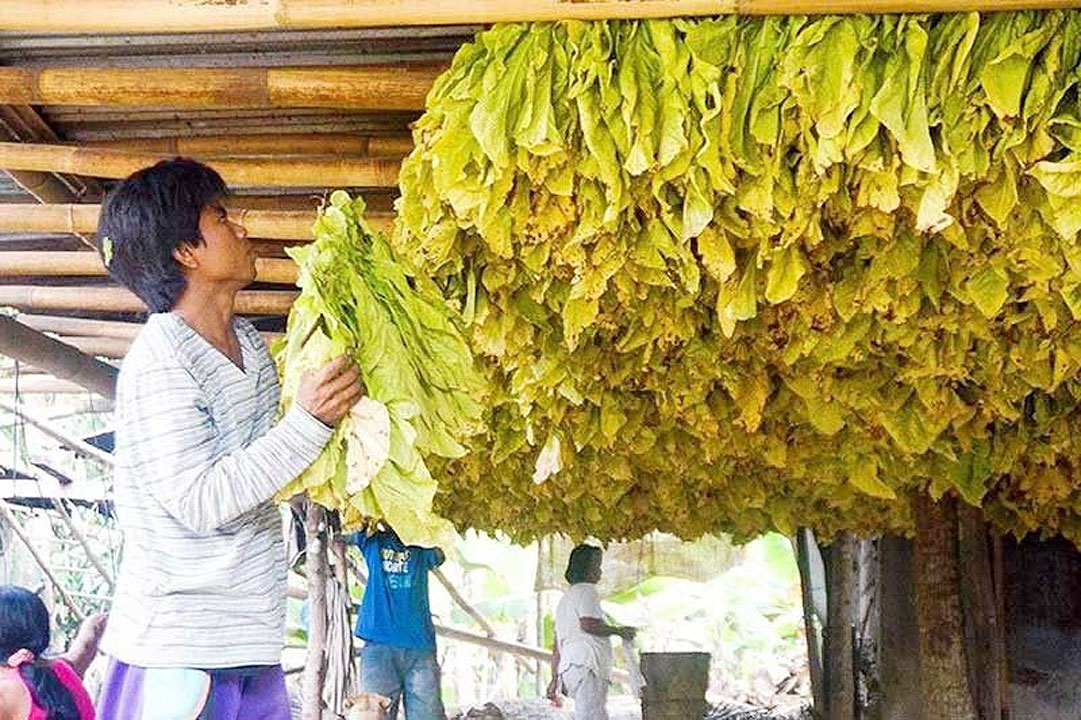DA eyes boosting tobacco exports to trade for cheaper fertilizer, rice

By Artemio A. Dumlao
BAGUIO CITY — Boosting the production of export-quality tobacco in the regions will help put the country in a position to trade with Indonesia for cheaper fertilizers or even rice, a senior official of the Department of Agriculture (DA) said.
In a recent meeting with the Governing Board of the DA-attached National Tobacco Administration (NTA), Agriculture Undersecretary Deogracias Victor B. Savellano said they should focus on a farming strategy that would boost production of quality tobacco without sacrificing other domestic crops — particularly rice and corn.
The NTA quoted Mr. Savellano as saying that once the country increases the tobacco supply for export, the national government could engage in barter-to-barter (B2B) arrangements with Indonesia, a producer of low-cost rice and fertilizer.
He said the DA is seeking to upgrade the country’s tobacco production for export to sustain the strong contribution of the industry to the local economy, farmers’ livelihood, and job generation.
The NTA said the tobacco industry provides livelihood to at least 2.1 million Filipinos, including more than 430,000 farmers, farm workers, and their family members. It also contributes P74 billion to the Universal Health Care program annually.
For 2022, the NTA recorded a total of 43.81 million kilograms of tobacco produce, of which 53% (23 million kilos) were exported and 47% (20.81 million kilos) were supplied to local tobacco manufacturers.
During the meeting, Mr. Savellano also cited innovative ways to enhance the contribution of tobacco production to government revenue.
“Aside from our dream to increase our tobacco production for export, we are also looking at the other alternative products from tobacco and its commercialization like tobacco dust,” he said.
On Tuesday, NTA Administrator Belinda S. Sanchez said the NTA’s tobacco industry roadmap, Sustainable Tobacco Enhancement Program (STEP), seeks to enhance farming systems in tobacco-producing areas where block farming is one component strategy.
“Through this roadmap, our field technicians are continuously providing new and advanced farming technologies for the quality tobacco production by our local farmers to increase,” Ms. Sanchez said in an emailed reply to BusinessWorld.
In 2020, the tobacco industry brought in P149.7 billion in terms of excise tax collections. As a result, tobacco-producing local government units received a P19-billion share for their priority programs and projects.



